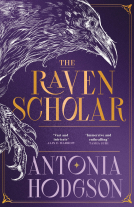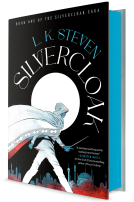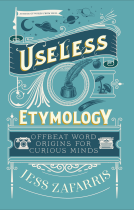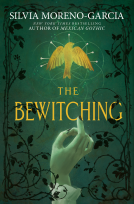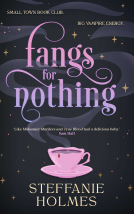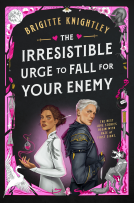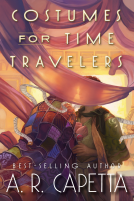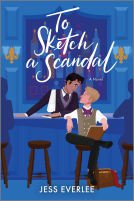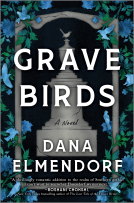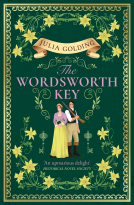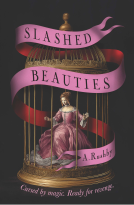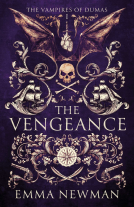
The Symphonies
by Andrei Bely
This title was previously available on NetGalley and is now archived.
Send NetGalley books directly to your Kindle or Kindle app
1
To read on a Kindle or Kindle app, please add kindle@netgalley.com as an approved email address to receive files in your Amazon account. Click here for step-by-step instructions.
2
Also find your Kindle email address within your Amazon account, and enter it here.
Pub Date Nov 02 2021 | Archive Date Feb 09 2022
Talking about this book? Use #TheSymphonies #NetGalley. More hashtag tips!
Description
The Symphonies are quintessential works of modernist innovation in which Bely developed an evocative mythology and distinctive aesthetics. Influenced by Russian Symbolism, Bely believed that the role of modern artists was to imbue seemingly small details with cosmic significance. The Symphonies depict the drabness of daily life with distinct irony and satire—and then soar out of turn-of-the-century Moscow into the realm of the infinite and eternal. They conjure worlds that resemble our own but reveal elements of artifice and magic, hinting at mystical truths and the complete transfiguration of life. Showcasing the protean quality of Bely’s language and storytelling, Jonathan Stone’s translation of the Symphonies features some of the most captivating and beguiling writing of Russia’s Silver Age.
Advance Praise
"[A] Symbolist masterpiece by the writer whose work Vladimir Nabokov ranked among Russia’s greatest literary achievements . . . Otherworldly tales of haunting beauty and a welcome addition to the canon of classic Russian literature in English."
—Kirkus Reviews, STARRED REVIEW
Available Editions
| EDITION | Other Format |
| ISBN | 9780231199094 |
| PRICE | $24.95 (USD) |
Featured Reviews
 Kathryn M, Reviewer
Kathryn M, Reviewer
This is a book of beautiful prose. Four stories speak to the intellectual imagination in a poetic and atmospheric voice. While Bely is to be lauded so too is the translator Jonathan Stone who has brought this prose to the English language maintaining the beauty of the writing. All four stories together can feel a little overwhelming - a little like four steak dinners in a row. Spaced out though they are to be savoured and enjoyed. Delicious!
Thank you to NetGalley for the ARC
It's hard to know where to start in writing about Bely's Symphonies. Firstly, the style of the prose leapt out at me, looking almost like a prose poem in the way the text was structured. It took me a little while to get used that, but once I did, I settled into the stories. Of the four sections, I enjoyed the first the most, as I liked the fairytale elements of the narrative. However, the remaining three pieces were also interesting, each in their own way, taking the mundane and turning it into something mystical and fantastical. Bely was a symbolist, and that is certainly clear from this text. It was intriguing to see the comparisons he was drawing and the way he highlighted different things, but by the end of four stories like that, it started to feel a little too much and I longed for something simpler again. Nonetheless, I could see the artistry that went into crafting this piece and I appreciated it as something new and experimental, even if I wouldn't want to read books in this style all the time. Recommended for readers who enjoy a touch of the avant-garde in their early-twentieth century fiction, and those interested in the Russian symbolist movement.
I received an electronic ARC via NetGalley for review.
I'm not sure if I simply prefer the stories in this book over Bely's more famous novel Petersburg, if I've developed a greater appreciation for Symbolists since undergrad, or if this translation has made the material more accessible to me, but I genuinely enjoyed this collection far more than I initially expected.
The stories are strange--that's the nature of them, and I suspect that a reader who doesn't at least somewhat enjoy the sorts of things that came out of the Symbolist movement won't much enjoy this book. It's not a quick read, either--the translation is quite beautiful and smooth, and there are notes to explain some of the references that might not be immediately obvious to a reader who doesn't catch them on their own, but the stories are also something you do have to sit with and enjoy to catch the patterns in the repetition of the language.
As with the other books I've read in these Columbia University Press Russian Library editions, the introduction is interesting and insightful, and provides valuable context and a framework for understanding the rest of the text. Also like them, it's probably mainly of interest to readers who already have an interest in the subject matter. I do, though, so for me--it's enjoyable and very much worthwhile.
 Reviewer 516467
Reviewer 516467
The language was more poetic, dreamy, and disjointed than I expected. I felt as though I were drifting among clouds instead of anchored in a narrative that could capture my attention. After multiple attempts to finish the book, I can only say that the style is not for me (but I'm sure the right reader would love to sink their teeth into it).
Bely's experimental prose-poem was absolutely my cup of tea; an ideal introduction to any reader who wants to delve into the Russian literary avant-garde movement.
A wonderful introduction to Bely’s work. The prose is wonderful and beautifully written. I throughly enjoyed this work.
 Iľja R, Media/Journalist
Iľja R, Media/Journalist
A flawless, engaging translation of a flawed experiment by Andrei Bely. Readership for the text at the time of its release was limited--not unfelicitous for something that ranged so far from the mastery of, say, Pushkin's narrative poetics. Hard for Russians of the day, hard for non-Russians of today, but definitely worth the work if one is open to potency, urgency and (I could be shot for this) deeply romantic sentimentality that Symbolist poets expressed in their best work. Kudos to Columbia University Press for putting a firm stake in the heart that a writer of Bely's enormous talent was just another Russian "one hit wonder".
